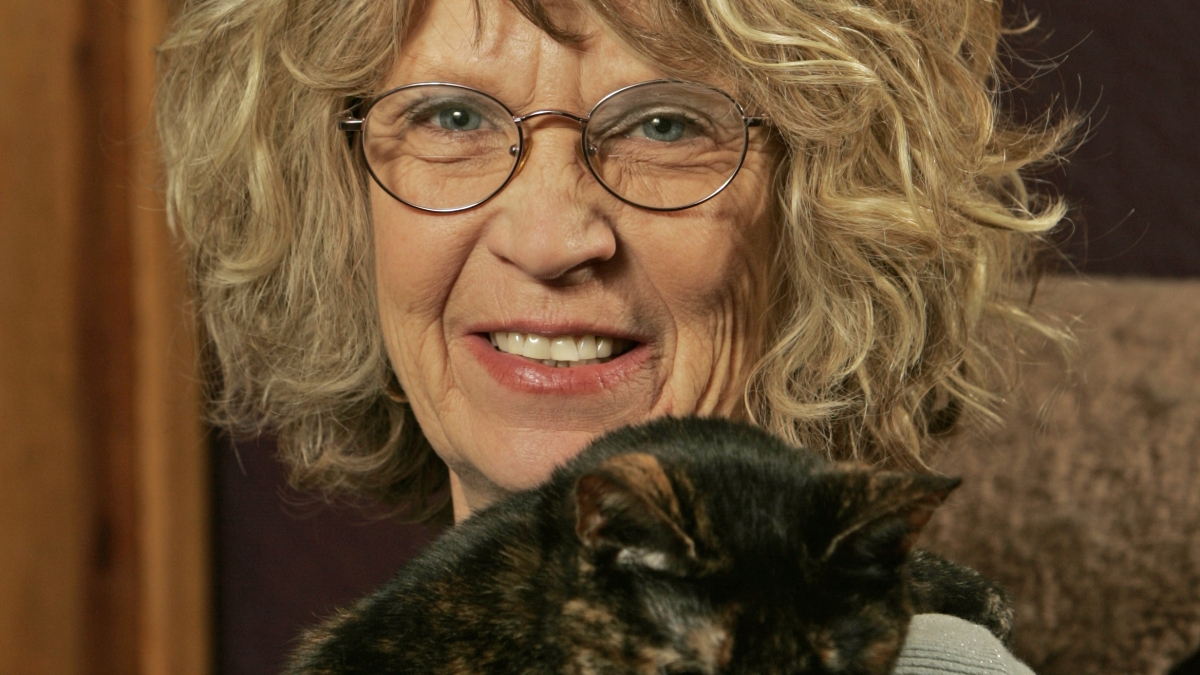Lecture links animal cruelty and human violence

ASU professor Christina Risley-Curtiss says animal cruelty is often a mechanism for kids to take out anger on their own abuse and is an early indicator of a child who’s in trouble. She’ll discuss the link between animal cruelty and human violence in the fourth installment of the fall 2011 Humanities Lecture Series at the ASU Downtown Phoenix campus.
Risley-Curtiss’ lecture “The Co-Occurrence of Animal and Human Violence” takes place at 6:30 p.m., Nov. 10, at the Nursing and Health Innovation Building Two, 550 N. Third St., Phoenix, Innovation Auditorium, room 110.
The free lecture series is hosted by ASU’s School of Letters and Sciences and is open to the general public.
“According to Michigan State University’s Animal Legal & Historical Center most sexual homicide offenders examined had a history of cruelty towards animals and 63.3 percent of men who had committed crimes of aggression admitted to cruelty to animals. These are just a couple of the alarming statistics that show a strong correlation between violence against animals and that toward humans. It is essential that society begin to grasp the seriousness of cruelty toward animals in and of itself and its danger to all in a community,” says Mirna Lattouf, faculty in the humanities and series organizer.
The School of Letters and Sciences provides students across ASU with the knowledge and skills to comprehend and effectively engage the changing world of the 21st century at local, national and global levels. Theory, creativity and applied learning are integrated as students build entrepreneurial opportunities both inside the university and in their communities.
Risley-Curtiss is an associate professor in ASU’s School of Social Work and director of Children and Animals Together (CAT), an innovative program, in collaboration with the Arizona Animal Welfare League & SPCA, designed to prevent and reduce childhood cruelty to all animals. Through age-specific interactive activities, CAT taps into the human-animal bond to build empathy and connections to animals as a means to end childhood animal cruelty and potential subsequent societal violence.
“Many people are under the misguided belief that serial killers are the only ones who are cruel to animals, and that is simply not true,” said Risley-Curtiss. “The actual truth is that animal cruelty is much more widespread and pervasive than most people think. It’s also an early indicator there is dysfunction in that child’s life and needs help.”
Risley-Curtiss said too few human service professionals are trained to treat children or adults who are cruel to animals. She added that animal abuse has also been found to be associated with domestic violence, child maltreatment and increased criminality.
“We’re so human-centric as a society that it’s hard to get people interested in looking at animal cruelty unless we can directly relate it to the human benefits,” she said. “By treating animal cruelty, particularly in children, we’re assisting in preventing other forms of violence.”
The lecture series will continue with Dennis Dalton’s presentation, “Non-Violent Change and Reform Today: Lessons from Gandhi”, which takes place on Nov. 16.
For directions, visit http://nursingandhealth.asu.edu/contact/directionsdt.htm. For parking information, visit http://nursingandhealth.asu.edu/contact/parking.htm. For more information, call Mirna Lattouf, series lecture organizer, at (602) 496-0638.